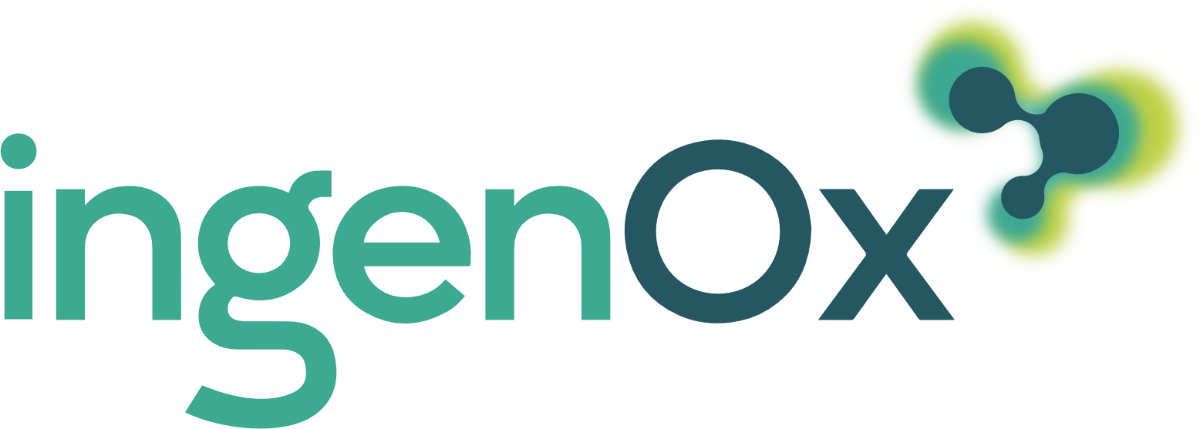Oxford, November 30, 2020 – Celleron Therapeutics, the UK-based company developing personalised medicines for cancer patients, announces the formation of a new spin out, SynOx Therapeutics, as a vehicle for the continued development of emactuzumab as an effective treatment for tenosynovial giant cell tumours.
Celleron established SynOx Therapeutics to complete clinical development and obtain marketing approval for emactuzumab. SynOx Therapeutics has attracted €37M venture funding co-led by life science investors HealthCap and Medicxi, joined by Forbion and Gimv. The investment allows SynOx to complete the development of emactuzumab for the treatment of diffuse tenosynovial giant cell tumours (dTGCT).
Emactuzumab is a clinical-stage humanised CSF-1R targeted antibody designed to deplete macrophages in tumour tissue. It has shown a favourable safety profile in patients and encouraging efficacy for TGCT, a rare disease characterised by the proliferation of macrophages in the synovial tissue of the joint and tendon sheath.
Professor Nick La Thangue, Chief Executive Officer of Celleron and SynOx commented: “We are very excited to be working on emactuzumab and feel privileged to be supported by a strong syndicate of leading investors. The successful launch of SynOx, as a single asset company with dedicated funding, reflects Celleron’s business model of spinning-out new assets and securing independent funding”.
Professor David Kerr, Chief Medical Officer of Celleron and SynOx commented: “SynOx’s focus is on developing emactuzumab to provide the best possible therapeutic agent for patients suffering from TGCT, which remains a very debilitating disease with limited clinical options. I am sure that our deep understanding of emactuzumab’s mechanism of action will yield other tractable disease targets”
About Celleron Therapeutics
Celleron Therapeutics is a biopharma advancing a clinical and pre-clinical pipeline of precision therapies for different cancer indications. The company is a spin-out from Oxford University and located on the Oxford Science Park, UK. Celleron Therapeutics has built a proprietary platform around epigenetic control and immune modulation, providing its drugs with a two-pronged attack on cancer. Celleron’s approach seeks to align the right drug with the right patient enabling a personalised approach to cancer therapy.
Celleron has a global license partnership with Astra Zeneca and is also initiating new trials in China. The company secured investment in 2016 from a consortium of South Korean investors. For more information see www.cellerontherapeutics.com
About SynOx Therapeutics
SynOx Therapeutics is a newly founded company based in Dublin, Ireland, solely focused on developing emactuzumab. SynOx is backed by a strong investor syndicate with long and successful backgrounds in building biopharma companies. For more information see www.synoxtherapeutics.com
About Emactuzumab
Emactuzumab (RG7155) is an investigational monoclonal IgG1 antibody designed to target and deplete tumour-associated macrophages (TAMs) in the tumour tissue. TAMs are an abundant component of the tumour microenvironment of many tumour types supporting tumorigenesis by suppressing the local immune system and promoting growth of tumour cells. Emactuzumab specifically targets TAMs by binding to colony-stimulating factor-1 receptor (CSF-1R) on the cell surface and blocking its activation by CSF-1. Emactuzumab therapy has been shown to significantly reduce CSF-1 dependent macrophages in TGCT and in tumours of cancer patients.
About Tenosynovial Giant Cell Tumour
Tenosynovial giant cell tumour is a rare disease characterized by proliferation of synovial tissue in the joint and tendon sheath. The neoplastic process is driven by a specific genetic translocation leading to the overexpression of CSF-1 and a massive recruitment of CSF-1R-expressing macrophages that form the bulk tumorous mass. Even though the disease rarely metastasizes, it is locally aggressive and disabling. Patients are usually diagnosed at an age between 20 and 50 with equal sex distribution. Standard therapy is surgery but relapse rates are high. Patients’ quality of life is often impacted by tumour-related symptoms and surgical sequelae.
